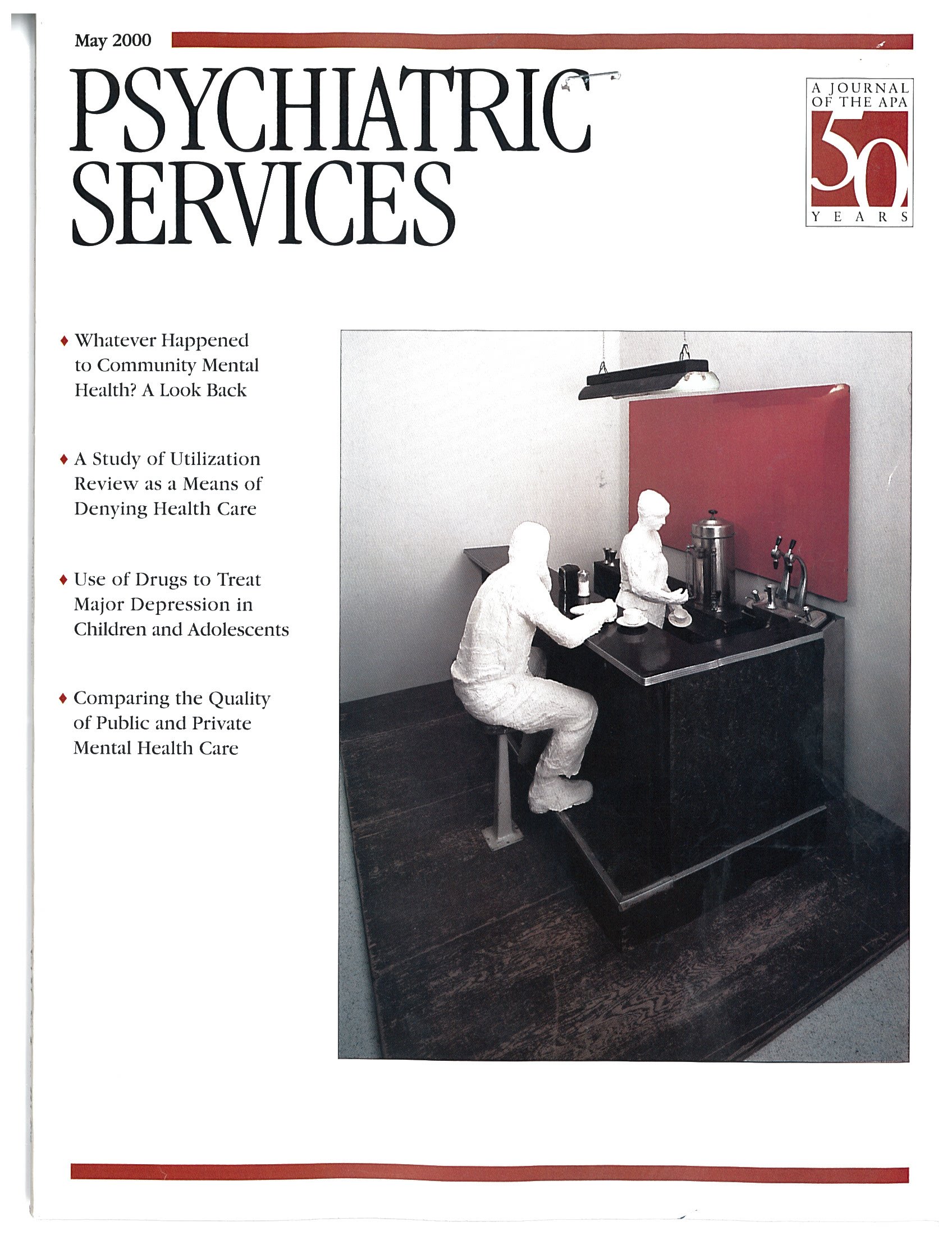With a media circus accompanying the approval of sildenafil (Viagra) in 1998 by the U.S. Food and Drug Administration, 2.3 million prescriptions written in the first three months, and first-year sales of about $1 million, sildenafil seemed well on the way to being one of the most enthusiastically received drugs since penicillin. The immediate popularity of this medication and the ardor of the political struggles waged around it in the months after its release have been a testament to the powerful symbolic meanings that sexuality and male sexual potency bear individually and in our society.
One might expect a drug that holds the promise of restoring potency to exert profound psychosocial as well as physiological effects on men and on their relationships with their partners. Prescribers are likely to assume that, barring significant medical side effects, these psychosocial effects will be positive. However, the idiosyncratic meanings that specific drugs hold for patients may result in negative consequences, even in the presence of a positive drug response (
1).
In the first three months after the release of sildenafil, two men were admitted to a locked geropsychiatry unit for treatment of problems apparently related to the drug. Neither had a history of psychiatric hospitalization or illness. Both were in their mid-seventies. Both had signs of early dementia on mental status testing. Both were admitted with homicidal ideation toward their spouses. In both cases, the most significant change, or psychosocial stressor, of the past several months was the prescription of sildenafil. Neither was under the direct effect of the drug at the time that the homicidal threats were made.
Case 1
Mr. A was an engaging and healthy-appearing black man who showed no signs of mental illness on mental status testing except for homicidal ideation toward his wife and minor deficits in executive cognitive function. He had a history of having made a homicidal threat toward his wife some 30 to 40 years earlier. The relationship had been stormy, but the hostilities in the relationship had settled into a truce.
As in a recent cartoon of a couple driving home from the gerontologist with the husband thinking "Viagra!" and the wife thinking "Viaggravation," Mr. A's wife was not enthusiastic about the patient's reawakened interest in sex. Her rejection of his advances seemed to uncover many of the hidden resentments that they bore toward each other, and open hostilities again broke out in the relationship, culminating in the patient's homicidal threats and subsequent hospitalization.
Case 2
Mr. B was an immigrant to the United States who had a limited social system and spoke no English. His wife had made tremendous strides in mastering English, and he had become increasingly dependent on her. He worried that he had little to offer her in the relationship, and his concerns were worsened by his diabetes-induced erectile dysfunction. The prospect of restored potency had brought him some hope, but when sildenafil failed, he became frantic about his inability to please her and feared she would leave him.
What emerged and consolidated over the next several months was Mr. B's jealous delusion that his wife was having an affair, and he threatened to kill her. On mental status testing, he was initially quite guarded, but he wept spontaneously when the subject of his impotence came up. No evidence of major depression or other psychotic signs or symptoms was found. Mr. B was poorly oriented; however, not speaking the language left him without many orienting cues. At the same time, his recent memory for events in the relationship seemed relatively intact and coherent. As he described it, his homicidal threats were a desperate attempt to control his wife and reestablish a sense of security.
Discussion
In both of these cases, the emergence of impotence in the male partner over the preceding decades had exerted a significant influence on the dynamics of the marital relationship. Long-term adaptation occurred, which allowed these couples to function but which obscured many of the deeper and unresolved conflicts in the relationship. In both cases, the prescription of sildenafil appears to have disrupted a fragile solution, made perhaps even more fragile by the declining cognitive functioning of the patients and their subsequent rigidity.
The conflicts symbolized in sexuality for the these couples—desire and desirability in one case, dependency and usefulness in the other—were unleashed by the meaning of the drug, and the result was homicidality. However, it is not difficult to imagine that because sildenafil can symbolize many different meanings, it may evoke and exacerbate similar conflicts for other patients, although without such drastic consequences. The psychosocial effects of sildenafil or other medications may be more pronounced and potentially destructive for patients who lack flexibility in their ability to adapt to novel stressors. Such patients would include those with declining cognitive functioning, like the patients in these cases, but they might also include those whose relationship reflects a long-term adaptation to personality disorder in one or both partners or to impaired communication. Mental health professionals and other physicians should be aware that the effects of sildenafil, or any drug, may go far beyond its direct pharmacologic actions.

